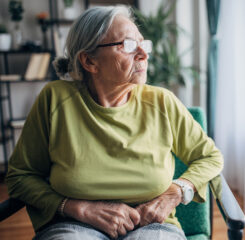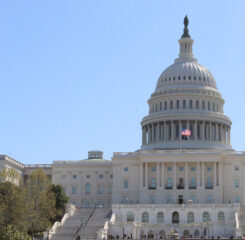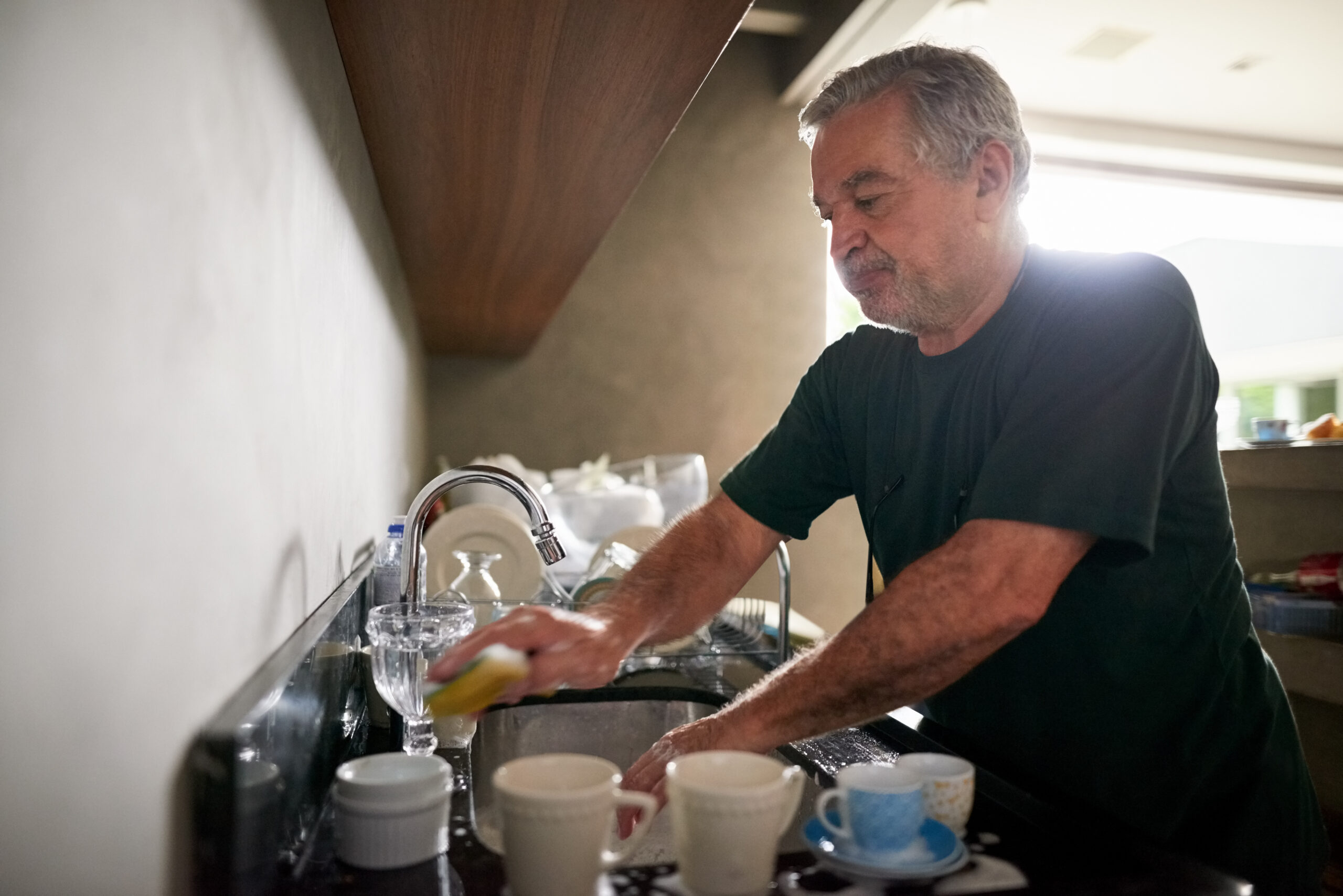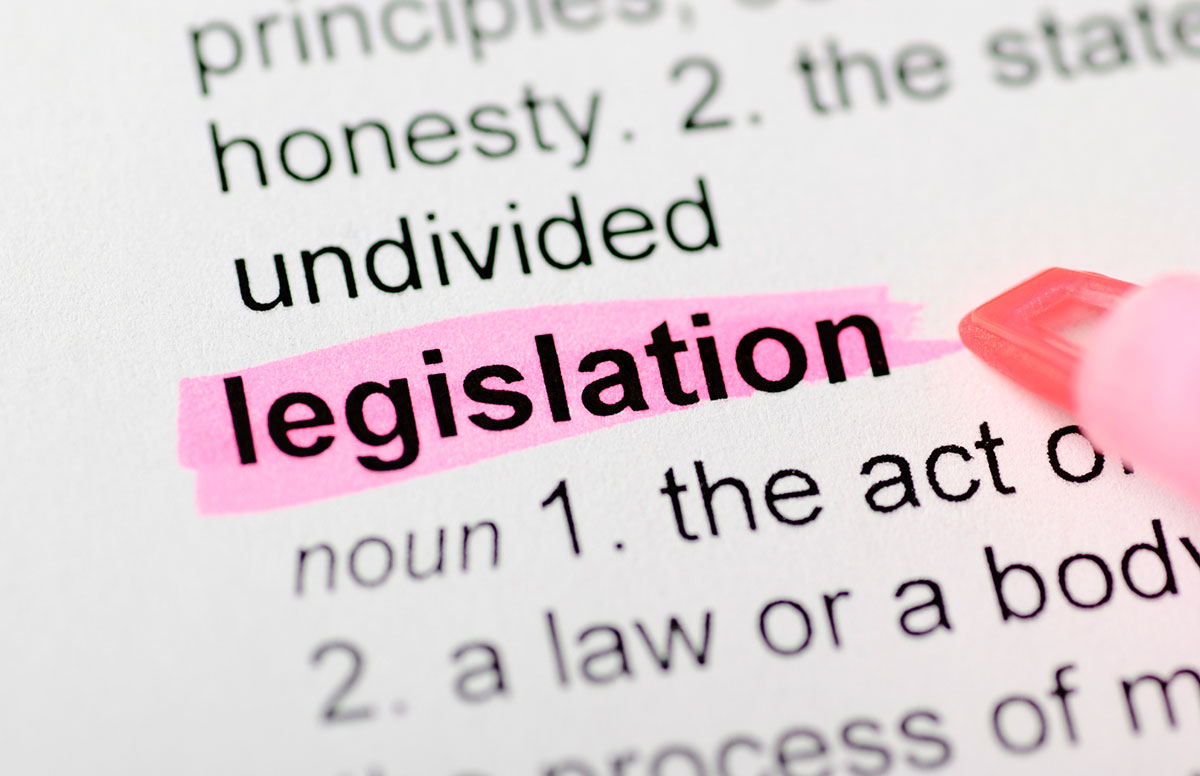Health Equity and the Pandemic
COVID-19 statistics have taken my breath away more than once during the past 9 months. Like you, I’m still finding it very hard to wrap my mind around the high death toll among older adults.
Data on the COVID death rates among older people of color just add to the surreal nature of this pandemic. The sheer number of deaths among Black and Latino older adults is staggering. But when we begin to dig deeper into the reasons behind the numbers, those statistics become even harder to bear.
A Kaiser Health News analysis of statistics from the Centers for Disease Control and Prevention shows that older Black Americans ages 65 to 74 are 5 times as likely to die of COVID-19 than white Americans. Death rates for Hispanic elders are higher than for white older adults, but lower than for Black older adults.
How could this be?
Research conducted before the pandemic shows that health disparities among older adults are not new. Throughout their lives, Black and Latino older adults have had poorer access to high-quality health care. And that makes it more likely they will develop chronic medical conditions like diabetes that put them at heightened risk of becoming seriously ill and dying from COVID-19.
Addressing these issues means making “health equity” an important national goal—that is, taking concrete steps to ensure that all Americans, no matter what their age, race, or locale, have the opportunity to live the healthiest life possible.
A national effort to promote health equity would change the lives of many Americans, including older people of color, those living in poverty, those with low health literacy, and those who are socially isolated. It could improve the health picture of entire communities of people who now lack access to health-related resources like neighborhood grocery stores and pharmacies, transportation, and community-based health services, including aging services.
A number of LeadingAge members have a long-standing commitment to bringing vital health and social services to the most vulnerable among us; others have recently widened their lens and stretched their missions to do this work. The work can take many forms, depending on the unique issues facing local communities. It might involve reaching out to people with behavioral health issues or addictions who would otherwise go without needed services, offering support to elders experiencing domestic violence, providing elders with access to healthy foods, and so many other life-changing initiatives.
For the past 4 years, LeadingAge has been working with the Robert Wood Johnson Foundation (RWJF) to celebrate the work of members who are addressing these health equity issues at the local level. Our goal in presenting the annual RWJF Award for Health Equity is to recognize members who are doing this good work, while also giving other members the inspiration and direction they need to carry out similar initiatives.
If you’re already on the path to promoting health equity, I congratulate you—and encourage you to nominate a colleague for the RWJF Award for Health Equity before Nov. 13. If you’re still planning your health equity strategies, I invite you to find inspiration in the stories of LeadingAge members who have received this award since 2017.
The pandemic has shown us, all too clearly, just how important it is to promote health equity in our local communities. It’s time—long past time—for all of us to develop workable strategies to make sure all older people have equal access to services and supports that could help them stay healthy.
The stakes—for our elders and for our nation—could not be higher.

Most Recommended
July 01, 2025
 Budget Reconciliation 2025
Budget Reconciliation 2025
June 27, 2025
Pathways for Foreign-Born Workers
Recently Added
July 01, 2025



